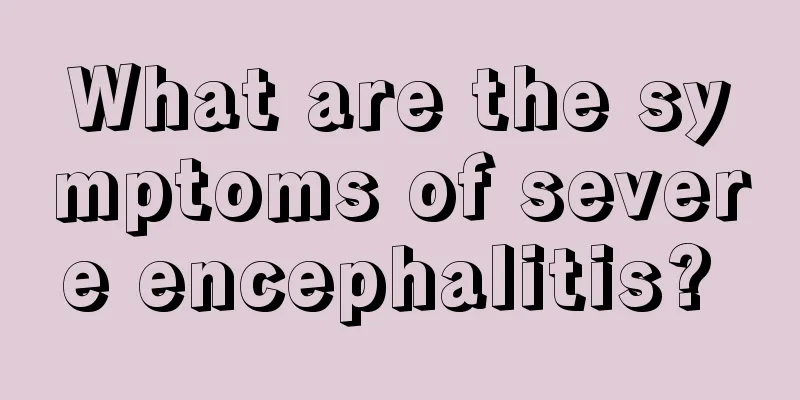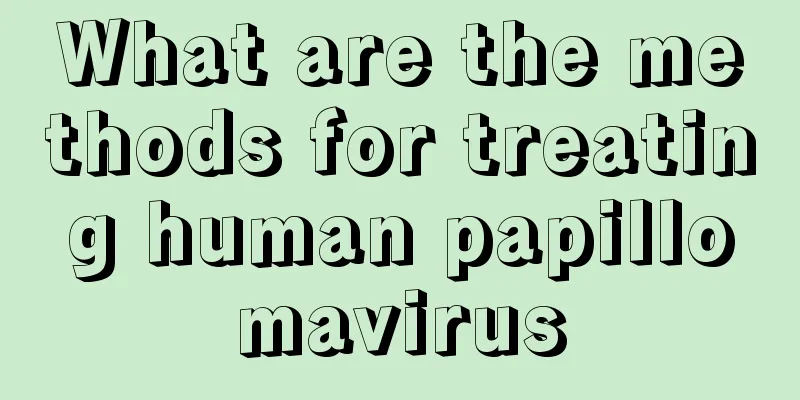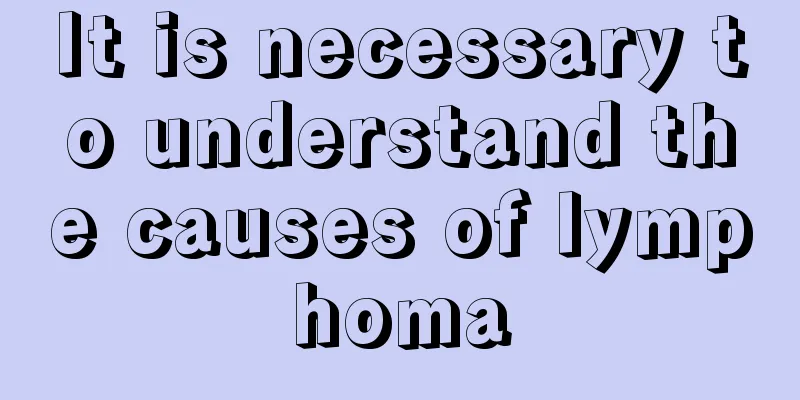What are the symptoms of severe encephalitis?

|
The brain is the command center of the human body and also the radiating center of human emotions and thoughts. It can be said that the brain controls the actions of the entire body. Therefore, the brain is an indispensable part of human beings. But the brain is also an organ tissue, which means it is as fragile as other organs and is prone to disease. For example, middle-aged and elderly people may suffer from cerebral infarction, young people may suffer from encephalitis and other diseases. Among them, encephalitis is the disease with the greatest impact. Patients often experience confusion and coma in the most serious stage. Let’s take a look at the symptoms of severe encephalitis. Encephalitis refers to an inflammatory lesion caused by the invasion of brain parenchyma by pathogens. Depending on the scope of the cause, it can be divided into broad and narrow sense. In a narrow sense, it refers to the inflammatory changes caused by direct invasion of the brain parenchyma by pathogenic microorganisms. Usually a narrow concept is used. The vast majority of causes are viruses, but they can also be caused by infections such as bacteria, fungi, spirochetes, rickettsia, parasites, etc. Some may be allergic diseases, such as acute disseminated encephalomyelitis. 1. Acute purulent meningitis The onset is acute, with severe pain in the whole head in the early stage, which is persistent and gradually worsens. Sometimes, there is an explosive headache on the basis of the persistent headache. This headache often radiates to the shoulders, neck, and back. The headache can be aggravated by any activity or coughing. 2. Tuberculous meningitis The onset is usually slow and is more common in children and young people. Before the onset, there are often symptoms of tuberculosis poisoning that last for 2 to 3 weeks, which may manifest as low fever, night sweats, loss of appetite, weight loss, and poor sleep. The onset of the disease is mainly characterized by a general headache, and the severity of the headache varies greatly. Some headaches are severe, accompanied by nausea and vomiting, while others are dull pain or distending pain that lasts for a long time. Children often have convulsions, accompanied by mental depression, apathy, delirium, and in severe cases, coma and incontinence. The early signs are not obvious, but in the late stage, typical signs of meningeal irritation and neurological localization appear, such as abducens nerve and oculomotor nerve paralysis, monoplegia or hemiplegia. 3. Viral meningitis The clinical manifestations are acute or subacute onset. The clinical symptoms of viral meningitis of various causes are very similar, with severe headache, persistent throbbing pain in the entire head, accompanied by fever, stiff neck, nausea, vomiting, fatigue, dizziness, and neck and back pain. The older the age, the more severe the symptoms. Physical examination rarely reveals positive findings, with meningeal irritation being the only neurological sign. |
<<: Is it the best medicine to treat tongue ulcers?
>>: What should I do if my face becomes red and itchy due to allergies?
Recommend
What to do if brain stem is blocked
The human brain is the most important part of the...
How long can you live with advanced bladder cancer?
How long can a person with advanced bladder cance...
How to eliminate your own melanin
Whitening has become a hot topic of discussion am...
How to improve the cure rate of thyroid cancer
Many patients with thyroid cancer now feel very s...
Endometrial cancer chemotherapy costs
Endometrial cancer is one of the female reproduct...
What does hypoxia mean
Once hypoxia occurs, it will be very dangerous to...
Can prostate cancer be transmitted through breathing?
Is prostate cancer contagious? It can be said tha...
Things to note when using tampons and sanitary napkins
During the menstrual period, you need to pay spec...
What are the taboos of scallop porridge
Cooking scallop porridge is not only a kind of di...
Pain when pressing on the left side of your Adam's apple?
If you feel pain when pressing the left side of y...
Tips for removing scale from a kettle
Kettles may be used to boil water in family life,...
6 Bath Time Mistakes
1. It is not advisable to take a bath after a ful...
How to remove the melanin left after skin allergies
When wounds appear on the human skin or papules c...
Does small cell lung cancer recur?
Will small cell lung cancer recur? After treatmen...
What causes stomach pain, bloating and acid reflux?
My stomach has always been in trouble. Sometimes ...









